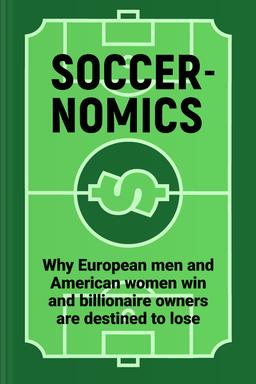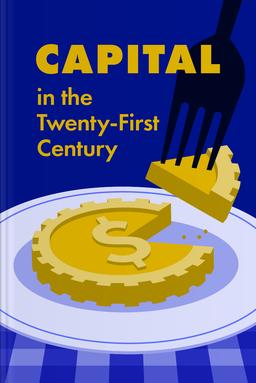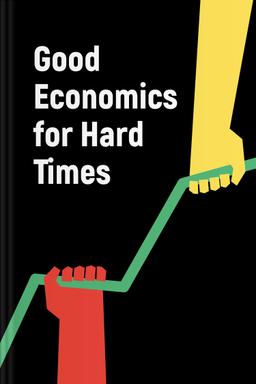What is The Velvet Rope Economy about?
This book explores the rise of economic inequality and how it has become a lucrative industry. It delves into the concept of the "velvet rope" as a metaphor for the barriers between the wealthy and the rest of society, illustrating how luxury experiences and services cater exclusively to the affluent. Through compelling case studies, the narrative reveals the implications of this divide for consumer behavior and societal norms.
Who should read The Velvet Rope Economy
- Economists and policymakers seeking insights on inequality.
- Business leaders navigating the dynamics of economic disparity.
- Educators discussing the impact of class and privilege.
What is Soccernomics (2022 World Cup Edition) about?
This insightful analysis delves into the economics and sociology of soccer, exploring why European men and American women excel in the sport while billionaire owners often falter. Through data-driven arguments and rich anecdotes, the authors challenge conventional wisdom about success in soccer, uncovering the hidden factors that shape outcomes in the game. Ideal for fans and analysts alike, it provides a fresh perspective on the world of soccer ahead of the 2022 World Cup.
Who should read Soccernomics (2022 World Cup Edition)
- Soccer enthusiasts seeking deeper economic insights.
- Sports economists analyzing gender differences in sports success.
- Investors interested in the business of soccer.
What is Capital in the 21st Century about?
This groundbreaking work analyzes wealth and income inequality throughout history, emphasizing the concentration of capital and its implications for society. Piketty uses extensive data to argue that unless addressed, inequality will worsen under capitalism, with significant social and economic consequences. The book advocates for progressive taxation and global policies to combat disparity, ultimately proposing a fairer system aimed at promoting equality and sustainable growth.
Who should read Capital in the 21st Century
- Economics students seeking to understand wealth distribution trends.
- Policy makers interested in tax reform and economic equity.
- General readers curious about capitalism and social justice.
What is Good Economics for Hard Times about?
This book tackles pressing economic issues facing the world today, such as inequality, globalization, and climate change. Through a mix of research and real-world case studies, the authors explore pragmatic solutions for creating a fairer economy. They challenge conventional wisdom and offer insights into how governments can respond effectively to economic challenges, making a compelling case for evidence-based policy decisions that benefit all.
Who should read Good Economics for Hard Times
- Economics students seeking real-world applications.
- Policy makers interested in evidence-based solutions.
- General readers curious about economic challenges and solutions.



